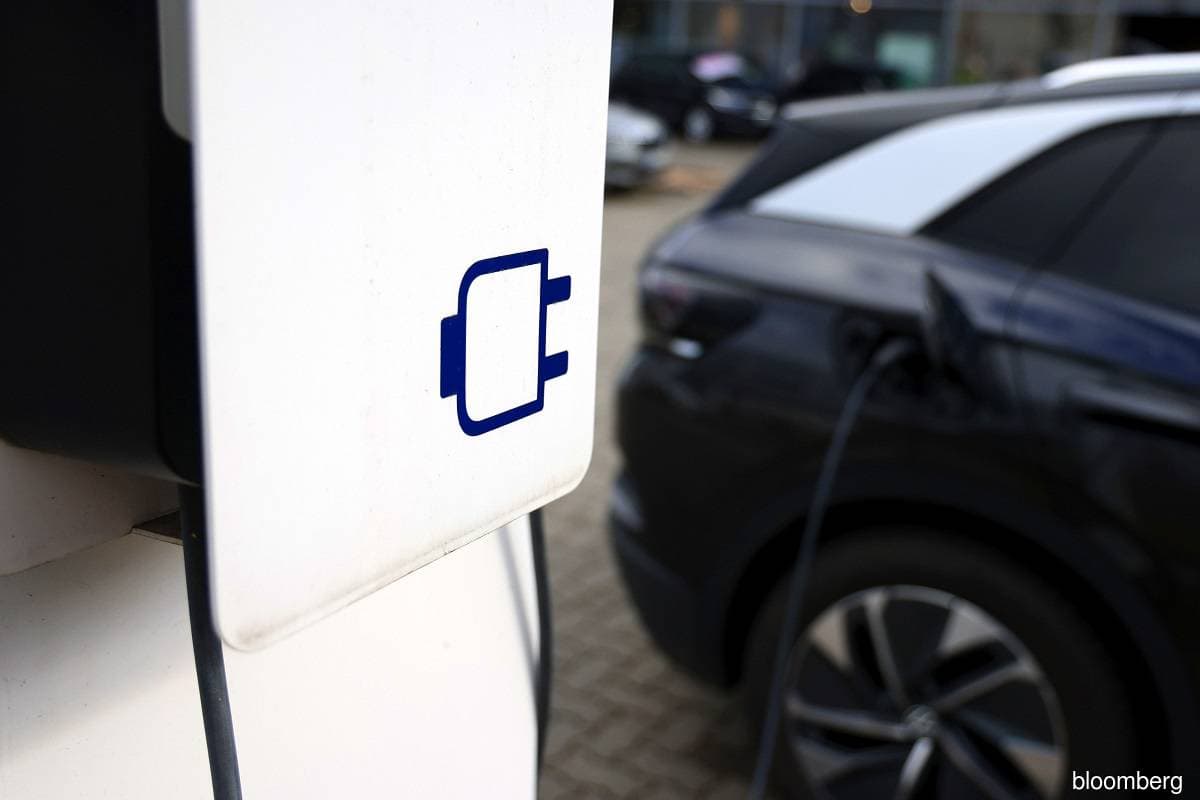
KOTA BHARU (Aug 4): Perusahaan Otomobil Kedua Sdn Bhd (Perodua) is joining the race to launch hybrid passenger vehicles in Malaysia, with plans to bring in a hybrid version of its compact sport utility vehicle Ativa under a five-year leasing model.
The carmaker is bringing 300 units into the market, with a one-time upfront payment and monthly charges of RM500, including insurance and maintenance.
Global Positioning System (GPS) tracking is also included, as part of an arrangement to help the company gauge user trends, Perodua president and chief executive officer Datuk Seri Zainal Abidin Ahmad said at a press conference after a media event for the launch of Perodua Alza 2022.
"We are doing a feasibility study from many angles [including customer experience and] to see the applicability in high traffic situation.
"... this is part of our study on connected vehicles, those who use this vehicle must agree that they are being monitored. We want to know whether this kind of monitoring will be accepted by the Malaysian public," he said.
Perodua has yet to manufacture the hybrid vehicle here, as the Ativa Hybrid will be a rebadge of the completely built-up model of the Daihatsu Rocky.
To be sure, while other carmakers have brought in hybrid models, this is a first for Malaysia's national carmakers. Notably, Proton, too, has a road map to introduce hybrid and plug-in hybrid models, as well as potentially distributing fully electric vehicles by 2023, according to reports by local automotive news publications.
Race for EV charging up
Aside from hybrid models, tax incentives by the government are also spurring plans by Chinese carmakers and local suppliers to bring in cheap electric vehicles (EVs).
This could cater to the mass market — note that existing EV imports are still seen as unaffordable even with the incentives provided.
Commenting on the trend, Perodua's Zainal Abidin, however, sees little impact on Perodua's business for now.
"From the product and engineering's point of view, these [cheaper EVs] will have limitations in terms of range, speed, comfort, or safety," he said.
Perodua is also part of the government's task force to look at the total EV ecosystem in Malaysia.
Internally, it is also gearing up to adapt to the changing trends — such as expanding its research and development team to include software engineering as the company explores mobility as a service with the introduction of Ativa Hybrid.
While charging infrastructure is an issue, for the carmaker the challenge will be on the manufacturing side, considering the lack of local expertise to develop key EV components — battery management system (BMS), motors, and inverters. More than 90% of Perodua's car parts are manufactured locally.
"For Perodua, localisation is our priority. We will want our vendors to participate. The development of BMS must be in the country. Importing is not our spirit. [That is one reason why] it will take some time," Zainal Abidin said.